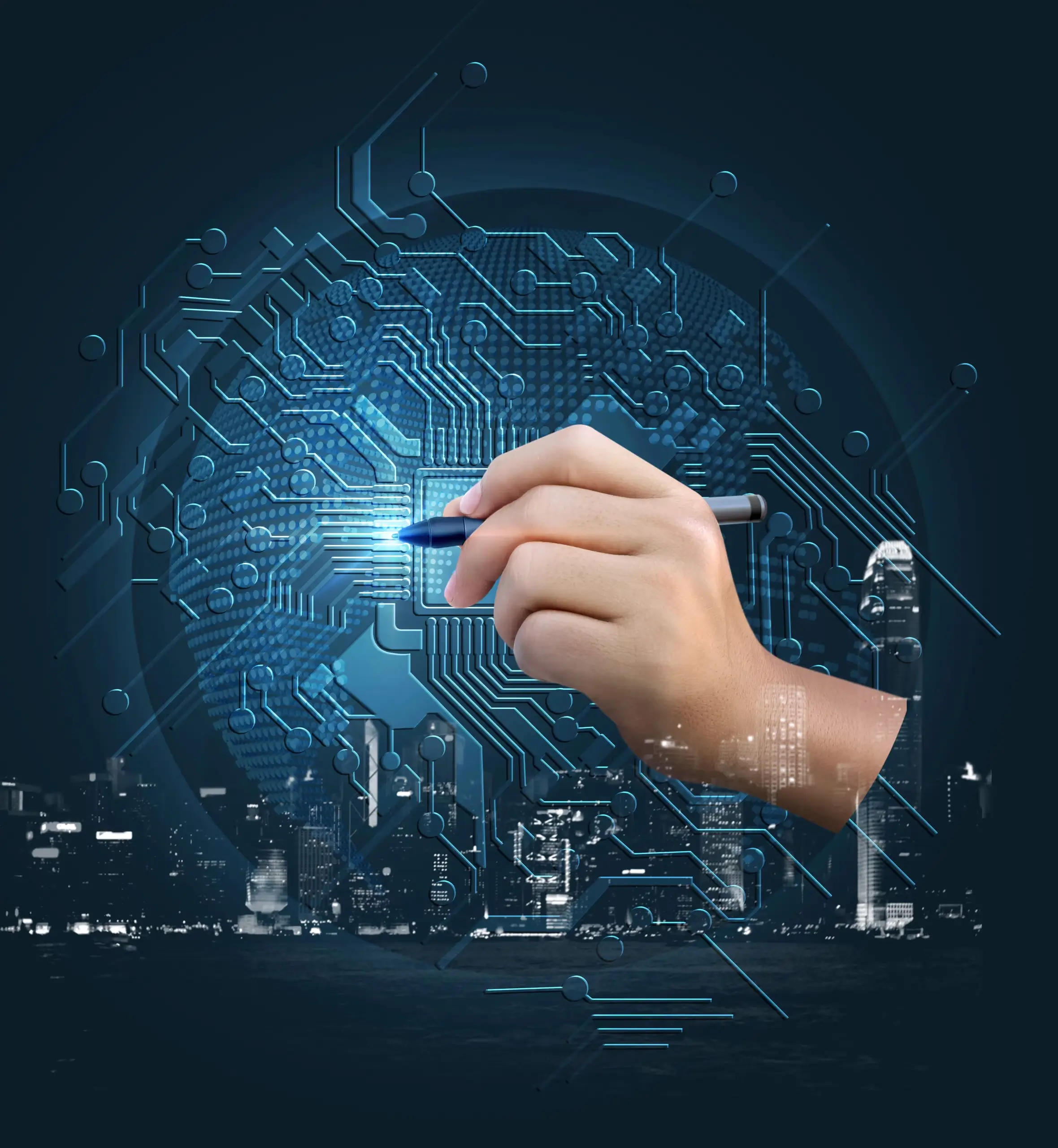What is AI?
Artificial intelligence is the technology behind many services, including content creation, chatbots and search engines, which has particularly ramped up since the start of the COVID-19 pandemic. Think of it as a wide-ranging branch of computer science concerned with building smart machines capable of performing tasks typically require human intelligence.
Some examples of AI would be:
- Siri, Alexa, and other smart assistants
- Self-driving cars
- Email spam filters
- Netflix’s recommendations

What is AI-Driven Optimization?
AI-driven optimization is website optimization facilitated by artificial intelligence. This enables companies to engage directly with users in real time. And, to exponentially expand on the number of ideas and variables to experiment with. Also, AI-powered optimization is incredibly powerful. In that it can test thousands of ideas and find the top performers within a short amount of time. It is also able to keep track of changes and adapt according to insights gained.
What is AI Marketing?
To put simply, AI marketing uses artificial intelligence technologies to make automated decisions based on data collections, data analysis, and additional observations of audience that may impact marketing efforts. It is often used in marketing efforts where speed is essential. AI tools use data and customer profiles to learn how to best communicate with customers, then serve them tailored messages at the right time. For many marketers, AI is used to increase marketing teams or to perform more tactical tasks that require less human variation.
Examples of AI Marketing:
- Data Analysis
- Natural Language Processing
- Media Buying
- Automated Decision Making
- Content Generation
- Real-time Personalization
Components of AI Marketing
Machine Learning
Machine learning is driven by artificial intelligence. Also, it involves computer algorithms that can analyze information and improve automatically through experience. Devices that leverage machine learning, analyze new information in the context of relevant historical data. This can inform decisions based on what has or hasn’t worked in the past.
Big Data and Analytics
The emergence of digital media has brought on an influx of big data providing opportunities for marketers. Helping them understand their efforts and accurately attribute value across channels. This has also led to an over-saturation of data, as many marketers struggle to determine which data sets are worth collecting.

